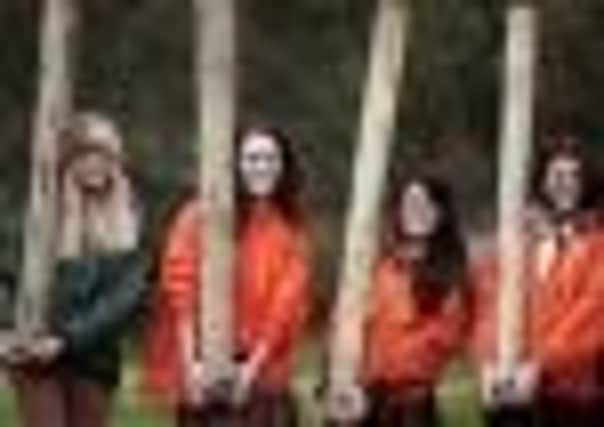Highland Games in losing battle for survival


But the first national study into the culturally-rich events has found the games are closing down at an increasing rate and that organisers are battling for their survival.
A three-year study entitled Scotland’s Highland Games: Challenges in an Ageing World, found the number of events has declined from more than 200 in the 1940s to just 90 today.
Advertisement
Hide AdAdvertisement
Hide AdAnd the rate of closure has accelerated with 25 events – including the Caithness, Beauly, Dingwall, Elgin and Stirling Highland Games – ceasing to exist in the past decade.
The study urges the Scottish Government to intervene, particularly as no single department appears to oversee the games, making them “bureaucratically invisible”.
Its author said many ageing organising committees struggle to attract new blood.
Gerry Reynolds, who compiled the report, said: “The Scottish Highland Games network is based on a foundation of volunteers. No volunteers, no Highland Games, it’s as simple as that.
“And if the volunteers are all getting older together, and there is nothing in place to replace them, then we have a real problem.”
Reynolds, events manager for Highland Council, has staged Inverness Highland Games and the Inverness Festivals programme. In the study, 48 committees were questioned and it was found almost two thirds (61.4 per cent) of members were over 50 and 7 per cent were aged between 71 and 80.
Nearly a third reported a fall in volunteers and 60 per cent were finding it difficult to keep up numbers.
In addition, 58 per cent of committees said sponsorship was falling, and 73 per cent said grant income was shrinking as costs rose.
Advertisement
Hide AdAdvertisement
Hide AdReynolds added: “Scotland’s Highland Games require structured and co-ordinated support from a number of agencies if they are to survive in significant numbers. Without intervention it appears inevitable that more Highland Games will fail.”
Political backing and funding could fix the problem, he insisted.
He said: “Given the fact these events have been estimated to be worth millions of pounds to the Scottish economy each year, there is a significant argument for the Scottish Government to intervene and introduce measures to ensure that the games survive.
“They are drifting into an uncertain future and there is no evidence to suggest that anything will prevent many of them joining those which have already sunk.”
David Stewart, a Highlands and Islands Labour MSP, said: “I will be writing to the Scottish Government to try to get clarity on who has responsibility. We need to develop the games.”
Pauline Bain, 71, who spent 27 years as secretary of Caithness Highland Games, which folded three years ago, said: “I enjoyed it but it just got too much. I don’t think there is any prospect of it coming back as no-one is interested.”
The Scottish Highland Games Association, which represents 60 events, said last year the games generated more than £20 million and attracted 150,000 spectators.
Its secretary Ian Grieve agreed the increasing age of volunteers was a problem, but added: “The biggest thing against us recently has been horrible summers.”
A Scottish Government spokeswoman added: “We will be happy to discuss these concerns with Mr Reynolds.”